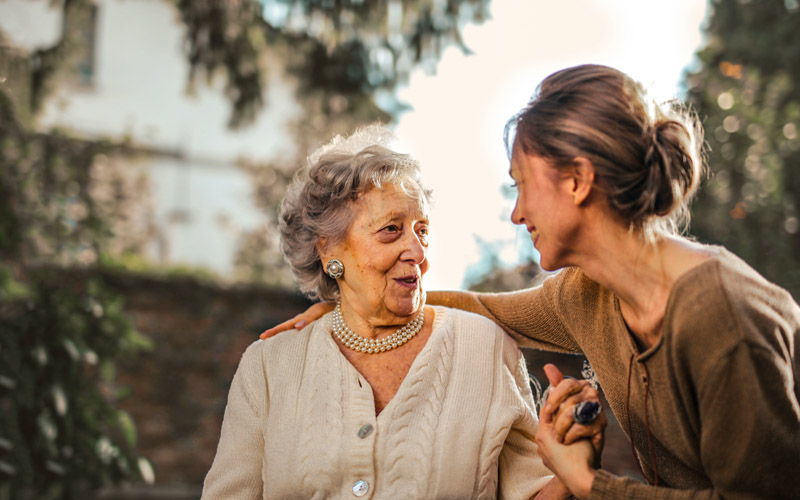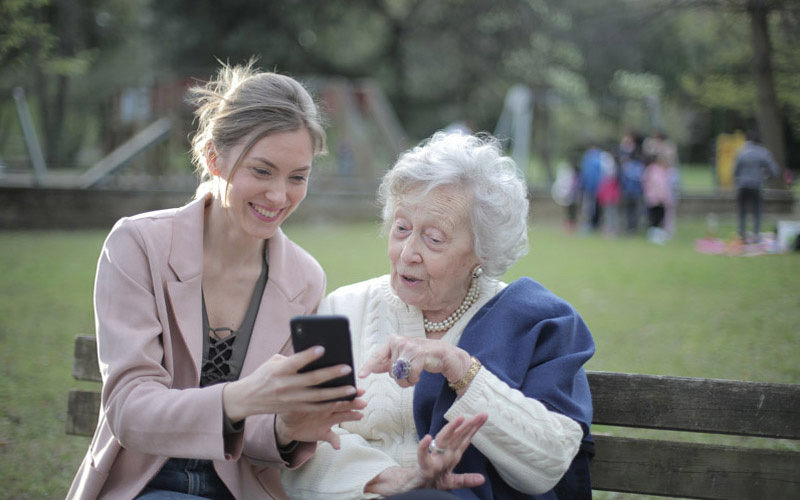End-of-Life Decisions… this is a hard subject for most.
Continue readingDignity of Risk and Caring for an Elder
Caregivers Forced to Choose Between Caring for a Loved One and a Job
Medication Tips For Seniors – Caregiver Information
Did you know that nearly one-third of the population has difficulty swallowing pills? Most people don’t swallow pills correctly. This often results in gagging, choking, and vomiting, which usually results in people not taking their medications at all, or not taking the recommended dosage, which then results in a need for later additional medical care.
If you are caring for a senior who has trouble swallowing their pills, here are some medication tips and some good news. Researchers have found new techniques that make pill-popping easier, even for large pills.
German researchers recently tested two methods of swallowing pills and found that 80% of the time these methods worked better than the normal way of taking a pill. The first is the “pop-bottle method,” and it makes tablets go down with ease. The second is the “lean-forward technique,” which sends capsules straight down the throat. Both have been rigorously tested by 151 volunteers who swallowed numerous dummy pills for the sake of science. And now they are being shared with the world via their publication in the Annals of Family Medicine.
Read about each method so you can try it yourself or have the senior you are caring for try it. Just may make life a little easier for you both.
When Caring For The Dementia Patient Is Hard On The Caregiver
When you are caring for someone with dementia, you need support. It isn’t something you can do alone without getting burned out quickly. There are other caregivers out there in similar situations who can share tips and ideas with you to make your days more manageable. There are local support groups as well as online blogs and forums. In fact, there are so many online options you can get lost in them and never get away from the computer screen. Pick a few that seem to work for you and stick with them. When I have a question about a specific problem, I usually go to the Alzheimer’s Association. For example, I get asked frequently how to deal with the constant questions from a person living with dementia? Here’s an entry from a site full of ideas, The Alzheimer’s Reading Room.

The author who shared her suggestions for dealing with those constant questions has her own blog about living with dementia, Dementia By Day. She is the coordinator of a memory care home and shares her stories and successes and observations. Her blog is great for caregivers or family members who are new to the world of dementia. One of her reminders to all of us caring for someone with dementia, which is my favorite, is “It’s never about the outcome when someone has dementia—it’s all about the process.”
Michele
Spouses Provide Complex Care At Home
Spouses taking care of one another during illness seems a natural part of an intimate relationship. However, the reality is that spouses are assuming the caregiving responsibility over long periods of time and with little or no help from professionals or other family members.
If you compare spouses to adult children taking care of a parent at home, you might say that the spouse is better off as a caregiver. This is because they have fewer competing responsibilities than caregivers who may also have young children or teenagers at home, plus a full-time job. However, this apparent advantage is offset by financial issues, health problems, and other limitations. Plus, not to forget the stresses of constant caregiving.
Additionally, add to that the fact that family caregivers are expected to do tasks that in the past were done in a hospital or nursing home. In this era of complicated medication regimens, wound care, and procedures associated with complex chronic conditions, caregiving is a challenge that no one should have to face alone.
Home care agencies like Dignity Care, licensed as a Class A agency with registered nurses, are a perfect support for family caregivers who need just a little (or a lot) of extra help and expertise.
AARP’s Public Policy Institute has produced a collection of studies and reports on family caregivers that are well worth a read.










